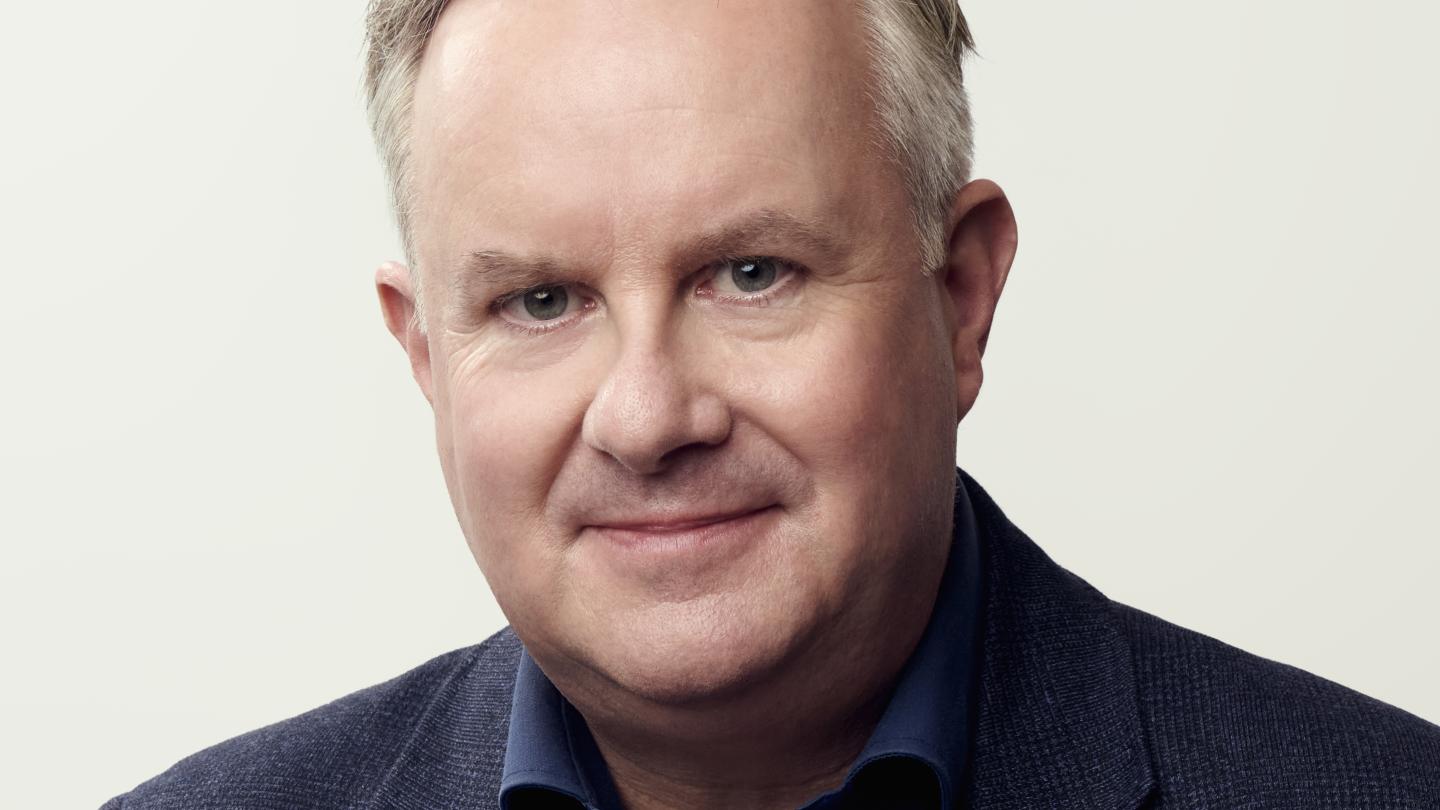In private equity, ESG requires even closer engagement
The EU’s sustainable finance framework is widely recognised as immensely complex. For private equity firms, it’s even more so, especially now that more and more investors demand that their investments are made in funds with sustainable assets.
Caceis’ plan to buy RBC ITS raises questions in Belval
Plans by Paris-based Caceis to take over RBC Investor Services’ European business are raising redundancy fears among the firm’s 900 or so Luxembourg-based staff members in Belval.
Efama calls for code of conduct for ESG ratings
Europe’s fund and asset management industry, seeing rapid growth in investor demand for sustainable products, is asking EU policymakers for a robust and transparent new legal framework that clearly defines how ESG and sustainability ratings for investment products are determined.
‘Luxembourg needs to cut investor threshold to €100k’
The Luxembourg Private Equity Association hosted its Insights conference on fundraising and investor relations on Thursday. It became clear that, in order to remain competitive, Luxembourg needs to lower its minimum entry threshold for investors in private equity without waiting for new European Union AIFMD rules to emerge.
Synchronised housing market downturn triggers nerve pains
As real estate markets worldwide move in tandem by showing clear signs of a downturn, two major international financial bodies this week have reiterated their concerns over the housing market’s potential impact on financial stability. Both the European Central Bank and the International Monetary Fund have raised a red flag. Investment Officer looks for answers to some key questions a moment that mortgage rates are at their highest since 2006.
‘Ambitious’ Esma wants common supervisory culture
The European Securities and Markets Authority on Monday said it sees a need to create a common supervisory culture in the EU and believes that national financial supervisors need to intensify their horizontal, cross-border cooperation. It also acknowledged that it needs to improve its own cooperation with national supervisory bodies.
EU Commission won't assess greenwashing before 2024
As fund managers and investors across the 27 countries in the European Union continue to question the union’s approach to its sustainable finance framework, Brussels has made clear it will take its time before addressing growing confusion over greenwashing. “Greenwashing remains to be defined at the EU level.”
Sustainable finance: Great reclassification is coming
The growing complexity of Europe’s sustainable finance framework and a lack of clear guidance from EU supervisors is leading to a fragmented application of the benchmark EU regulation that determines which investment funds are sustainable and which are not. As a result, the sector is facing what Morningstar’s top ESG expert calls “The Great Reclassification”.
Swiss VC Serpentine sees ‘gold standard’ in Lux Raifs
For Zurich-based Serpentine Ventures, a venture asset manager, Luxembourg is a key gateway to reaching international investors. The firm is leveraging the grand duchy’s regime for alternative investment funds for four of its venture capital funds that nurture Swiss startups.
For LSFI’s Centofanti, awareness comes first
When it comes to sustainability, all actors, including the finance sector, need to develop a suitable level of understanding before policies and investment strategies can translate into impact, explains Nicoletta Centofanti, head of the Luxembourg Sustainable Finance Initiative, in an interview.
